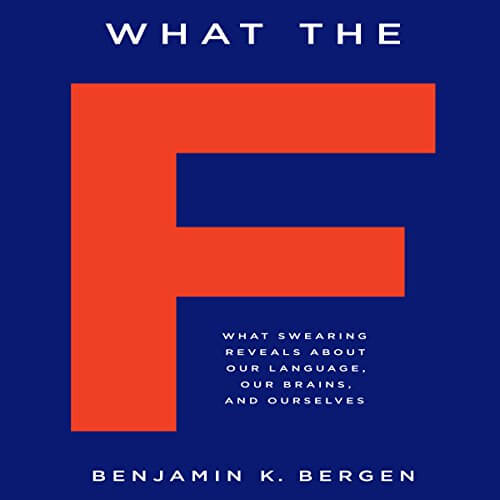
Nearly everyone swears - whether it's over a few too many drinks, in reaction to a stubbed toe, or in flagrante delicto. And yet, we sit idly by as words are banned from television and censored in books. We insist that people excise profanity from their vocabularies, and we punish children for yelling the very same dirty words that we'll mutter in relief seconds after they fall asleep. Swearing, it seems, is an intimate part of us that we have decided to selectively deny.
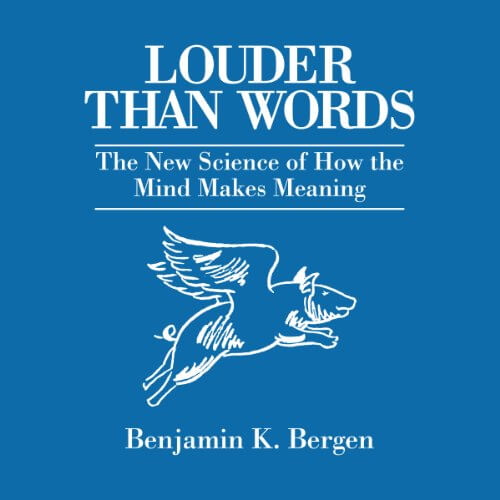
And when you talk, your listener fills in lots of details you didn’t mention - the curliness of the dog’s fur or the vast statuary on the grounds of the French palace. What’s the trick behind this magic? How does meaning work? In Louder than Words, cognitive scientist Benjamin Bergen draws together a decade’s worth of research in psychology, linguistics, and neuroscience to offer a new theory of how our minds make meaning.
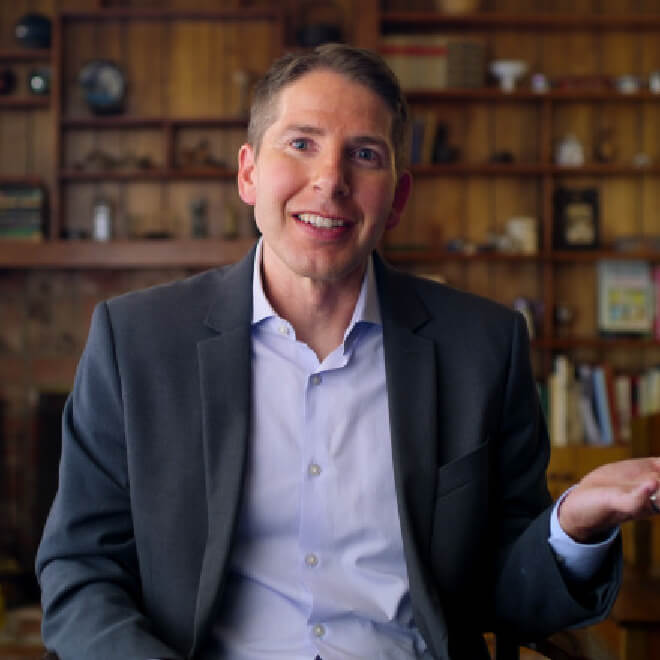
Benjamin K. Bergen is a professor of cognitive science at the University of California, San Diego, where he directs the Language and Cognition Laboratory. He writes for the Huffington Post and Psychology Today and appears on NPR’s Morning Edition, the Brain Science Podcast, and elsewhere. He is trained in linguistics and cognitive science at UC Berkeley, receiving his Ph.D. in 2001. Bergen is an active researcher in cognitive linguistics and cognitive science, with over 40 publications and 60 presentations in the two related fields. He is the author of Louder Than Words: The New Science of How the Mind Makes Meaning, and most recently, What the F: What Swearing Reveals About Our Language, Our Brains, and Ourselves.
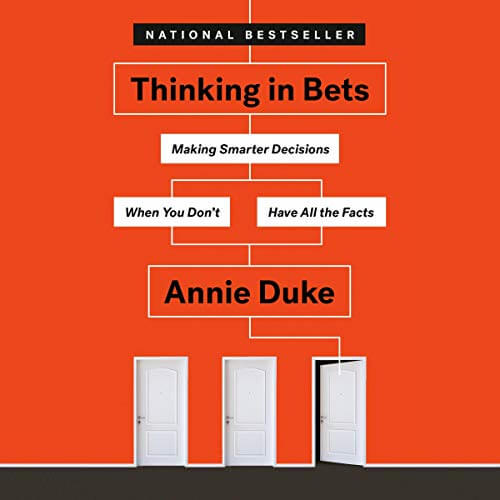
Annie Duke, a former World Series of Poker champion turned business consultant, draws on examples from business, sports, politics, and (of course) poker to share tools anyone can use to embrace uncertainty and make better decisions. For most people, it's difficult to say "I'm not sure" in a world that values, and even rewards, the appearance of certainty. But professional poker players are comfortable with the fact that great decisions don't always lead to great outcomes and bad decisions don't always lead to bad outcomes.
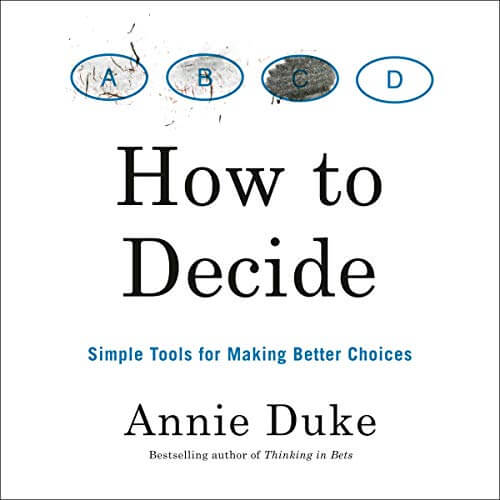
What if there was a better way to make quality decisions so you can think clearly, feel more confident, second-guess yourself less, and ultimately be more decisive and be more productive?
Making good decisions doesn't have to be a series of endless guesswork. Rather, it's a teachable skill that anyone can sharpen. In How to Decide, best-selling author Annie Duke and former professional poker player lays out a series of tools anyone can use to make better decisions
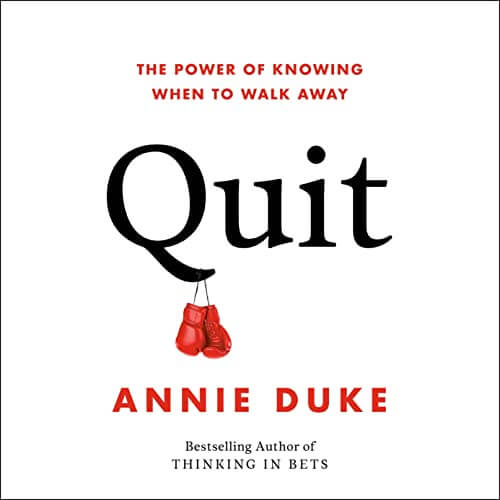
Business leaders, with millions of dollars down the drain, struggle to abandon a new app or product that just isn’t working. Governments, caught in a hopeless conflict, believe that the next tactic will finally be the one that wins the war. And in our own lives, we persist in relationships or careers that no longer serve us. Why? According to Annie Duke, in the face of tough decisions, we’re terrible quitters. And that is significantly holding us back.
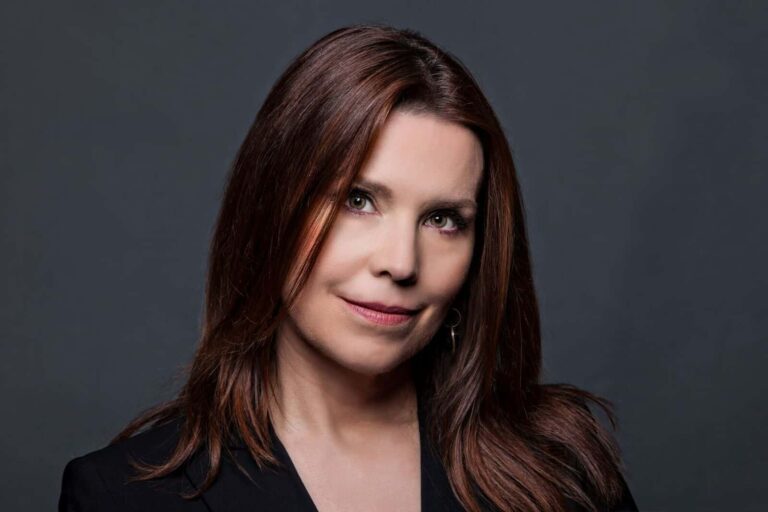
Annie is an author, speaker, and consultant in the decision-making space, as well as Special Partner focused on Decision Science at First Round Capital Partners, a seed stage venture fund.
As a former professional poker player, she has won more than $4 million in tournament poker. During her career, Annie won a World Series of Poker bracelet and is the only woman to have won the World Series of Poker Tournament of Champions and the NBC National Poker Heads-Up Championship. She retired from the game in 2012. Prior to becoming a professional poker player, Annie was awarded a National Science Foundation Fellowship to study Cognitive Psychology at the University of Pennsylvania.
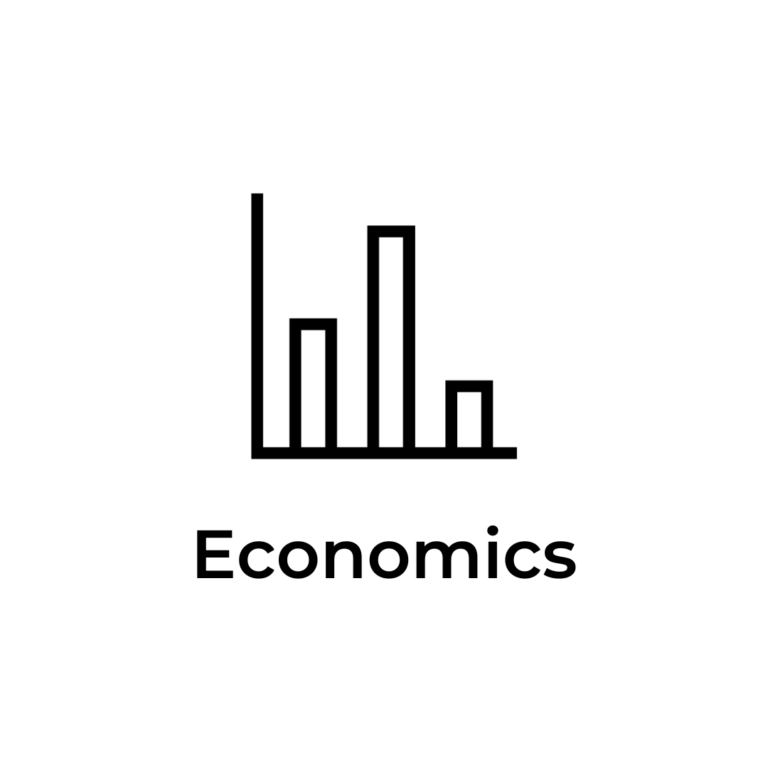
Economics was something I learned a lot about during my hyper-political phase. Now I’m less interested in traditional economics and more in Behavioral Economics. But there is a ton about Economics I still like to read about. Now I’ve found a love for reading books written by notable economists, from Adam Smith to John Maynard Keynes, to Milton Friedman, and some other theories I don’t agree with to push my world view such as Karl Marx. Economics is a beneficial subject to know about. It has many different levels, such as Macro Economics, Micro Economics, Behavioral Economics, Econometrics, Classical Economics, Agrarian Economics, Fuedal Economics, and techno Economics… ok, I made that last one up. Still, seriously, there are many more than I’ve probably named. Economies are everywhere, so the more I learned about Economics, the more the world made sense.
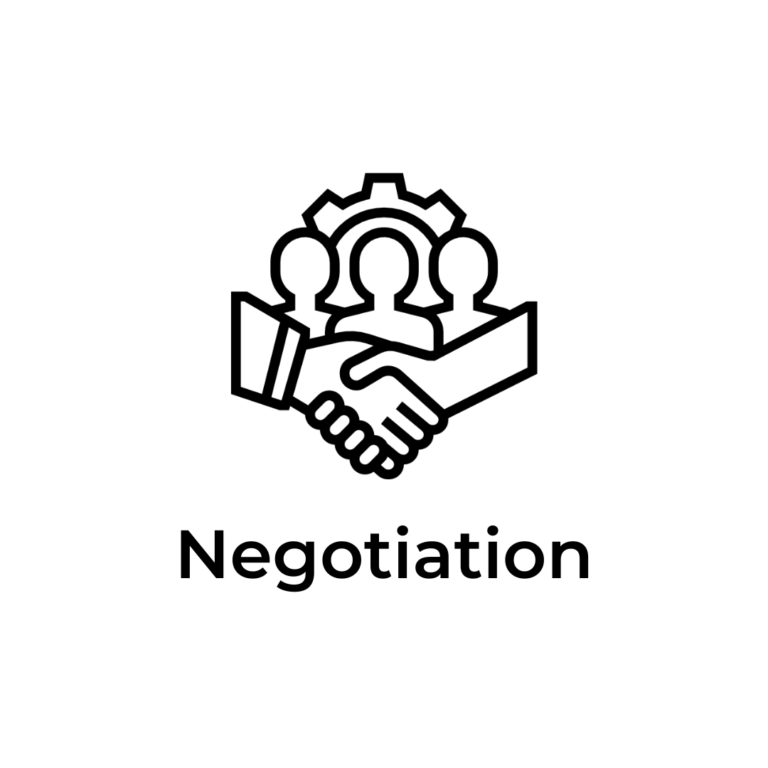
This is where you will find my favorite books and authors on the topic of Negotiation I started reading about negotiation out of sheer need. I was tired of getting screwed over or submitting to less than I was worth…
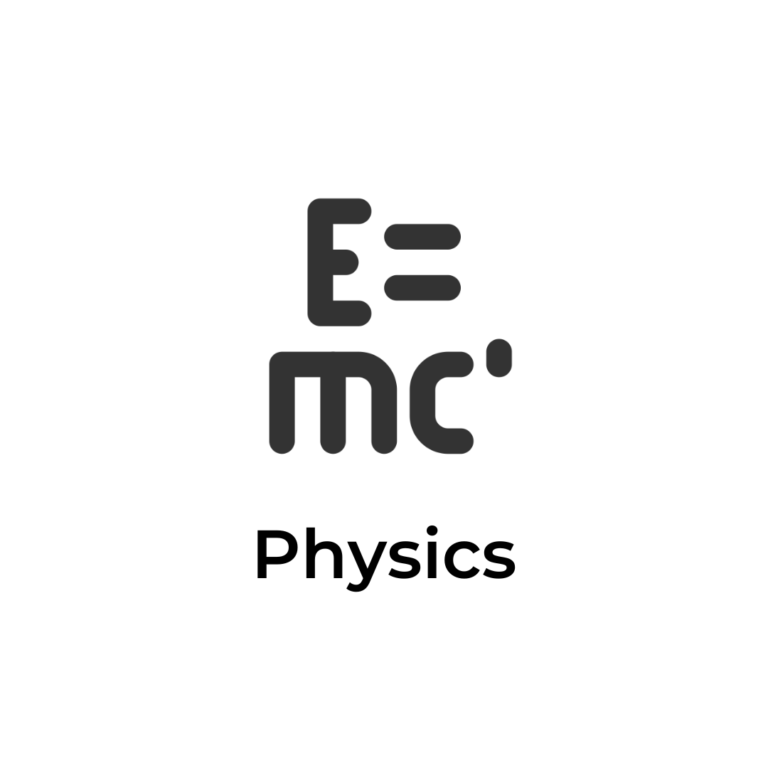
Physics, in general, came out of my fascination with Astrophysics. Understanding HOW the Universe and our world within it work is so exciting. How does gravity work, why do projectiles arch, how come there is resistance for moving objects, why do swings never swing further after the first swing, and what makes airplanes fly? Physics explains all of these questions and more. Chemistry may be about what the Universe is made of, but physics tells us how those things work in their own right and in relation to one another. Chemistry is the ingredient list of the universe, and Physics is the instructions on how to use those ingredients.









